Hells Angels plan to take over Australia’s drug trade after Comanchero Hakan Ayik’s arrest
The Hells Angels are preparing to take over Australia’s wholesale international drug trade after the arrest of Comanchero kingpin Hakan Ayik in Turkey. This is what’s afoot.
True Crime
Don't miss out on the headlines from True Crime. Followed categories will be added to My News.
Exclusive:
The Hells Angels are preparing to take over Australia’s wholesale international drug trade after the arrest of Comanchero kingpin Hakan Ayik in Turkey.
Ayik was nabbed in Istanbul accused of running an “armed organised crime” network.
From his hideout in the hills above the Bosphorus Strait, Ayik was calling the shots on a significant share of Australia’s $10 billion annual drug trade.
He was the head of the “Aussie Cartel” which was co-ordinating the shipment of tonnes of drugs from South America and Asia’s Golden Triangle.
Ayik was one of 37 people arrested in Turkey earlier this month, allegedly with links to the Comanchero.
The Turkish police sting has opened up a power vacuum in Australia’s drug trade that the Hells Angels, which already has a footprint in Asia, was planning to exploit.
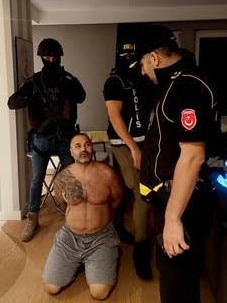
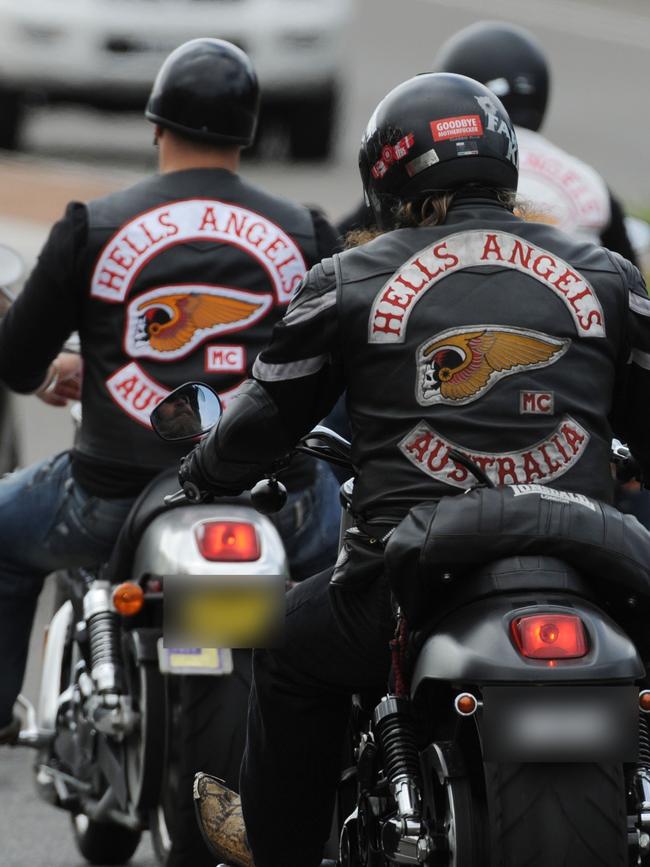
Senator James Paterson said Ayik’s arrest was a “significant development” but warned that the fight was not over. “This is a multi-billion dollar industry, there will be many others willing to step up in their places,” Senator Paterson, Federal opposition Home Affairs spokesman, said.
“And although this will disrupt the trade for a little while, it might not be very long before it resumes what it once was. So it really is a constant battle for our law enforcement officials to make sure that we are catching and disrupting and causing damage to this business model as often as we can so that we disrupt it for as long as possible.”
Now that Turkey was no longer a safe haven for those accused of Australian crimes, they are looking for others.
“What they look for is countries that don’t have extradition treaties with Australia or our allies or no history of enforcing the extradition treaties that they have,” Senator Paterson said,
“They look for a permissive environment, environments with high levels of corruption so they can pay off officials, including politicians, to allow them to continue to operate safely.
“And they look for hubs which are safe and secure for them personally, where there’s not other criminal gangs operating there who won’t welcome them on their turf.
“They’ll be shopping around and there’s any jurisdiction that they’ll take that will allow them to operate.”
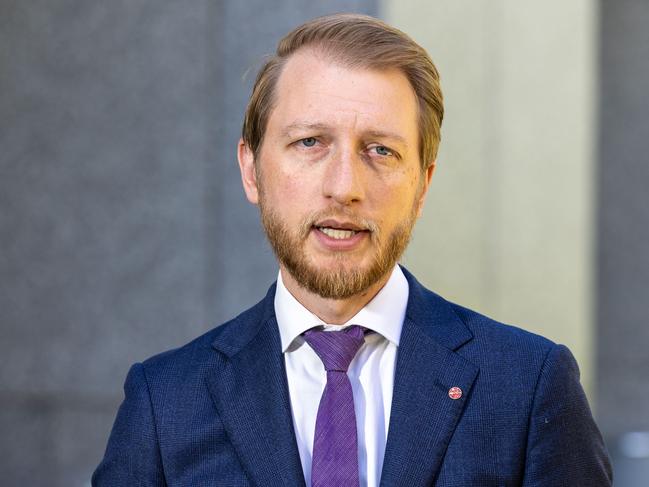
Mexico has become a likely target for the Hells Angels and the other remaining key figures in the Comanchero who avoided capture in Turkey.
The North American country has an extradition treaty with Australia but it’s an easy place to evade detection.
Melbourne man Anthony Philip Sitar has been on the run in Mexico since he fled Australia in 2011 on the day he was about to be arrested over a $300 million shipment of cocaine hidden in beer.
He was now suspected of being a key broker between Australian branches of the Comanchero and Lone Wolf bikie gangs and the notorious CJNG cartel.
The bloodthirsty cartel has been blamed for the deaths of dozens of police officers in Mexico in the Jalisco region where it controls the cocaine, ice and fentanyl trade.
This masthead revealed in June that Sitar had been staying in the resort town Puerto Vallarta.
A family photograph exposed that he had been at the Palmar Tropical Hotel with his children.
The ascension of the Hells Angels following the Comanchero sting makes him a likely conduit for drugs being shipped to Australia.
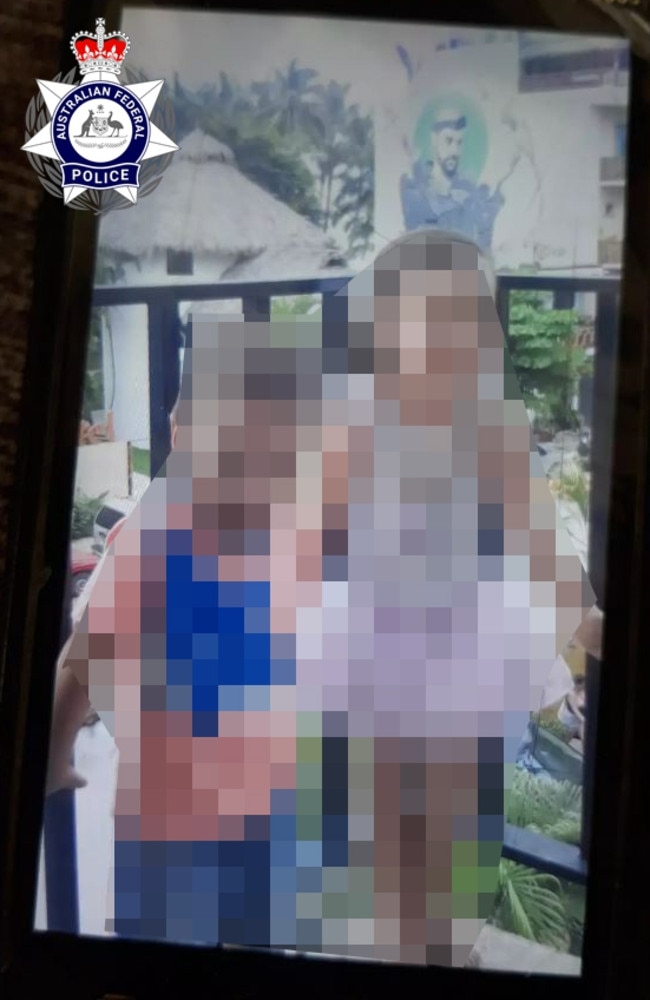
Australian Border Force members found 154kg of cocaine on a ship that arrived in the Port of Melbourne from South America on October 7, it was revealed this week.
Specialist divers were needed to retrieve the drugs from a hidden “parasite” shipment attached to the hull of the ship.
Those drugs, with a street value of $61 million, were supplied by the CJNG.
This masthead is not suggesting that Sitar was involved in that shipment, only that he has links with both the CJNG and Australian bikie gangs.
Ayik was on the run for more than a decade, with the Australian Federal Police chasing him over his links to a $230 million heroin importation in 2010.
Ayik will not be extradited to Australia because he renounced his citizenship while in Turkey, where he also has a passport.
He was suspected to have been under surveillance for at least six months before he was arrested.
The Australian Federal Police met with Turkish police in Sydney at a secret conference in June where Ayik’s drug empire was discussed.
Ayik had cemented himself even further as the kingpin for the Comanchero following the extradition of Sydney Comanchero figure Mark Buddle.
Buddle was extradited from Turkey in August last year, accused of importing $40 million worth of cocaine into Australia. He denies the allegations.
He has joined a legal fight to challenge evidence that the Australian Federal Police gathered when it was secretly monitoring the AN0M app.
Users of the app believed it was encrypted but Australian police and the FBI were monitoring millions of the messages.
Ayik’s classmate at Kogarah Boys’ High School Duax Ngakuru was also arrested in Turkey because of his alleged links to the drug trade and affiliation with the Comanchero.
The Australian Federal Police has long had the Hells Angels on its radar.
The gang was pushed out of Thailand by their local police amid concerns they were using the country as a base for their drug running empire.
The beachside Pattaya region, known for its sex trade, was a favourite haunt, with a chapter established there in 2016.
The Hells Angels moved some of their Asian operations to Cambodia as a result of the Thai crackdown.
But they are still one of the world’s most connected criminal enterprises.
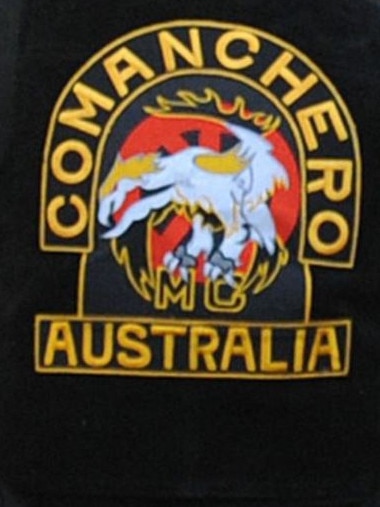
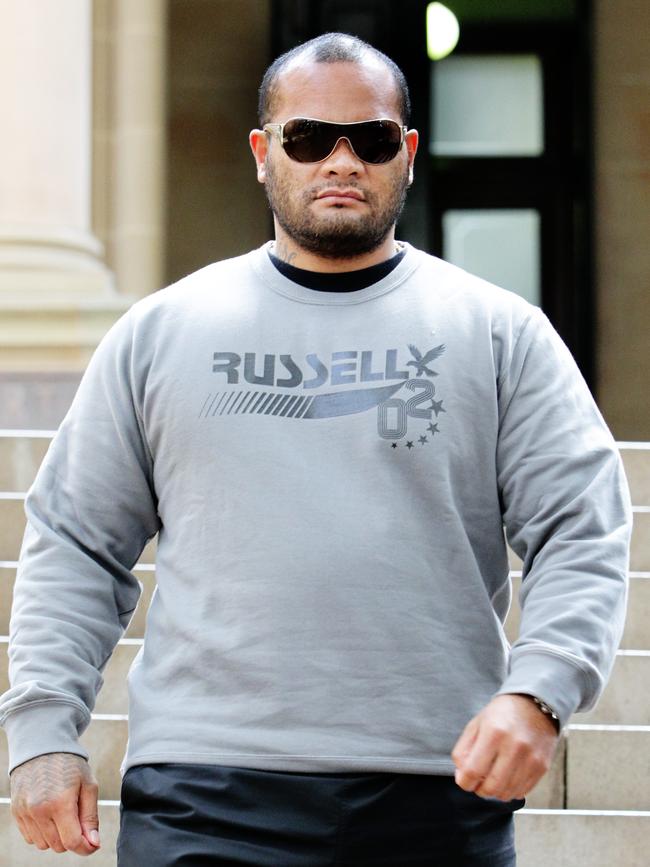
Australian Federal Police Assistant Commissioner Nigel Ryan played a key role in Ayik’s arrest.
He previously revealed how the Hells Angels were operating in Asia, alongside the Comanchero, Lone Wolf and Bandidos bikie gangs.
Speaking after a meeting with Vietnamese police in Ho Chi Minh City last year, Assistant Commissioner Ryan said Australian police were tipping off local authorities to bikies operating in Asia.
“About 70 per cent of the transnational serious organised crime threats impacting Australia come from overseas, and a sizeable chunk of those are OMCG members, or criminals, who regularly work with OMCG facilitators or distributors,” he said at the time.
“The AFP’s focus is on looking for opportunities to attack OMCG supply chains and disrupt their business models. We also disrupt their finances to reduce their ability to profit from their crimes.”
The Hells Angels have a major footprint in Australia, which would allow them to move drugs across the country once they have landed from South America.
They have also enforced their power with violence.
Seven Hells Angels were convicted last month over the mistaken identity murder of Adelaide man Jason De Ieso in 2012.
That murder was part of a feud between bikie gangs, with Mr De Ieso an innocent victim.
Now the question is how much blood will be spilt as the Hells Angels try to unseat the Comanchero from their position of power across the globe and in Australia.
“They see this as an opportunity when their larger and more sophisticated rivals get pushed aside, they want to step up,” Senator Paterson said.
“It takes some time, though, to replicate the sophistication of those models.
“Some of these criminal enterprises are operating more like multinational corporations.
“They have accountants, they have lawyers. They have very sophisticated financial networks to move their money and their drugs.”
stephen.drill@news.com.au
More Coverage
Originally published as Hells Angels plan to take over Australia’s drug trade after Comanchero Hakan Ayik’s arrest





